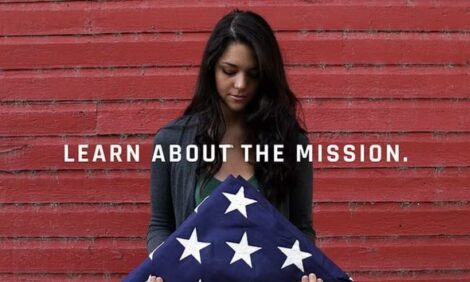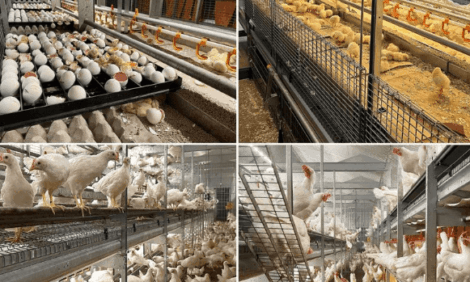



Demand Trends in Today's Economy
In the wake of the international economic downturn, a new trend has emerged - 'Frugality chic'. The impacts for the egg industry were explored consumer analyst, Richard Lewis, at the International Egg Commission (IEC) London Meeting earlier this year.Richard Lewis, an analyst at the CIES, the global association for food retailers, explained to the IEC, "Conspicuous consumption is out now; you don't want to be seen to be someone who is flashing the cash. Frugality is the new decadence."
Mr Lewis believes that to a large extent, people are spending less because they think this is the correct thing to do, rather than because they actually need to. Using the USA as an example, 67 per cent of the population is spending less money on utilities, 56 per cent is spending less on going out, and 55 per cent is spending less on new clothes. Does this mean that over half of the US population is out of work? No, according to US government statistics compiled in January 2009, 7.6 per cent of the population is out of work.
The fact that such large percentages of people are spending less cannot be ignored. The egg industry, like all industries, must react to the current situation and supply the end-users with the products they are demanding.
Mr Lewis grouped these end-users into three distinct categories:
- Group A – those who have experienced a loss of income, so therefore need to spend less
- Group B – the financially anxious
- Group C – the immune but sensitive
The trend to be Frugality Chic, means that even those in group C, people who have not experienced a loss of earnings, and still have disposable income to spend, are not spending freely or lavishly. Although this group of people is immune to the financial effects of the recession, they are not immune to the cultural trends it has created. It is no longer considered socially acceptable to be seen to be lavish, when the trend is to be, or at least look to be frugal.
Immune but Sensitive
Image is the key for businesses targeting Group C's immune but sensitive people. A product does not have to actually be cheap for this group of people; it simply needs to give the impression that it is a carefully considered, frugal purchase. Businesses must communicate with their consumer by tapping into the feeling of their products, rather changing the price of their product, if they are appealing to the Frugality Chic. A product must look less wasteful and less extravagant. There has been resurgence in nostalgic, 1970s style packaging of products aimed at this market. Businesses are focussing on the emotional messages to persuade their customers to purchase.
Affluenza
Mr Lewis spoke about 'affluenza', a condition that began in the 1990s but has continued to spread during the recent recession. Affluenza is about downshifting, choosing to live a less stressful life and allow more time for the family and leisure. Being Frugality Chic is less rational than affluenza: these people can still afford to buy premium products but simply do not want to be seen to be doing so.
Financially Aware
* "Businesses must market their products in a less indulgent way." |
People in Mr Lewis's Group B are also very aware of this trend to be Frugality Chic. This group has not yet suffered material loss during the recession but it is financially anxious, and rather than spend money indulgently, it is economising in case its circumstances change in the unpredictable future.
Once again, Mr Lewis believes that businesses must market their products in a less indulgent way. This group of people will buy what appears to offer the best value. They have not actually lost any income, so are not yet forced to spend less, therefore they are not really looking at the actual price of the product but judging from its appearance whether it is a frugal purchase.
Increase in Own Brand Labels
In comparison, Group A, the group that has experienced a loss of disposable income and therefore must spend less, will choose items based on price. This group of people are already making the change from branded items, to own brand labels.
Mr Lewis told IEC conference delegates that it is important for businesses to consider all three of these groups. The businesses that will prosper during the recession are the ones that take time to understand the issues that are important to these customers, and appreciate how they will influence buying decisions.
Further Reading
| - | You can view other papers presented at the IEC London Meeting 2009 by clicking here. |
July 2009








